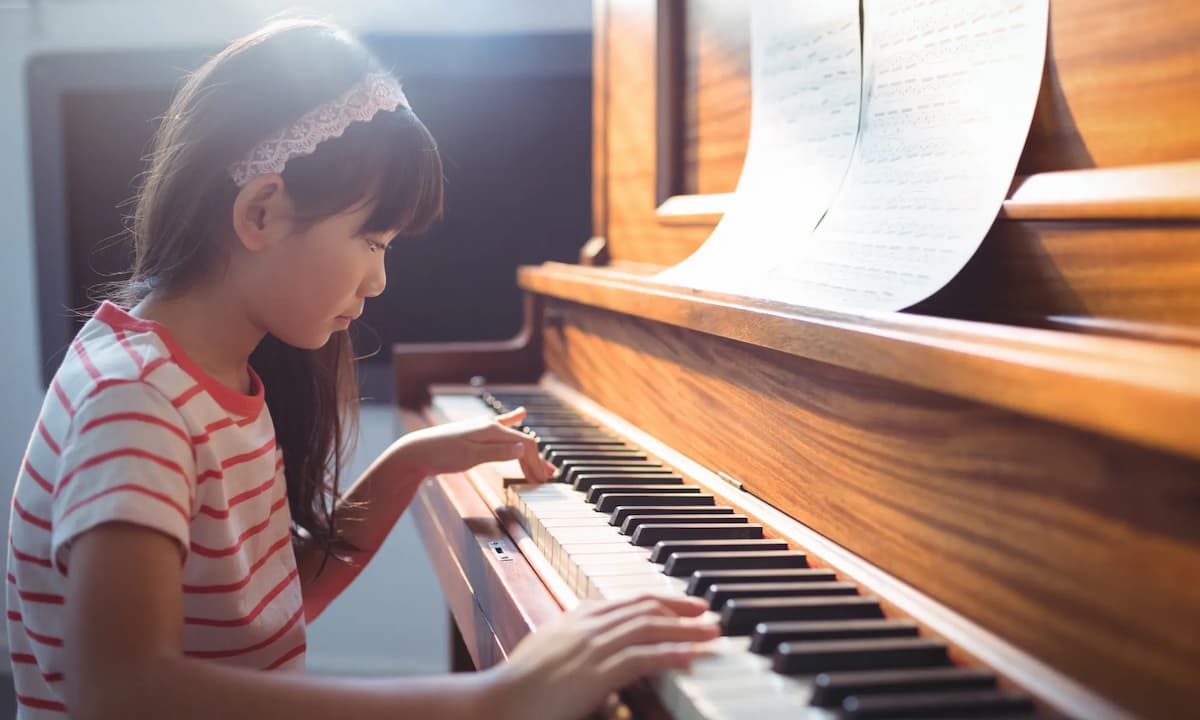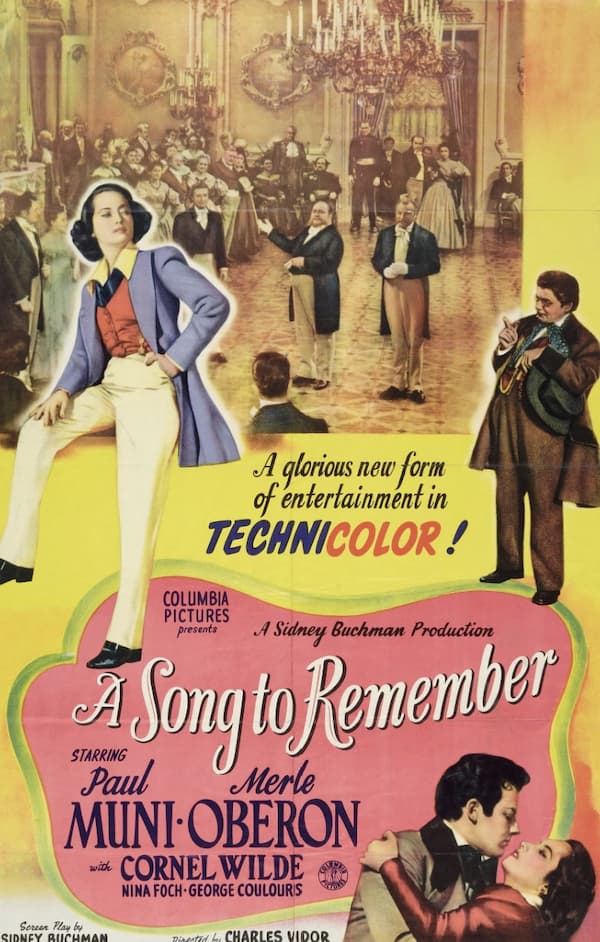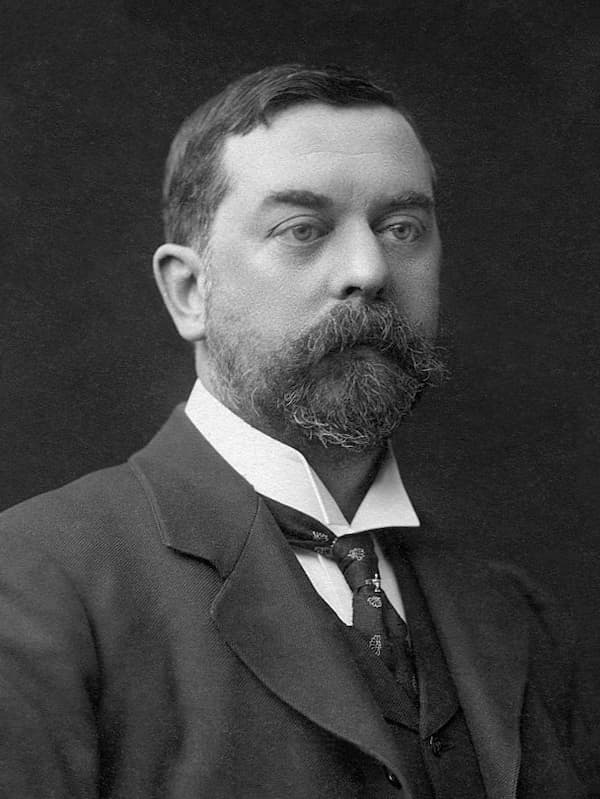A few weeks ago, I met the parent of one of my former piano students at an event. I was pleased to hear that the student (we’ll call her Jane) was now studying English Literature at one of the UK’s top universities, but the most gratifying piece of news was that she was still playing the piano and enjoying it. Jane’s mum told me that she liked to download music from the internet and play it for the sheer pleasure of doing so. “You gave her a love of music”, Jane’s mum said, “and that’s the most important thing!”.

I was so touched to hear this, as I think any teacher would be. Because surely our fundamental role, as teachers, is to encourage a love of music?
Jane started having lessons with me as a quiet young child, and at that age (5 or 6), she was very quiet and lacked confidence. But gradually, as her piano skills developed and blossomed, so too did her confidence, to the extent that she began to play with real poise, beautiful tone production, and above all, a sense of real pleasure in the music she was learning.
This is one of the pieces Jane played for her Grade 5 piano exam, which she passed with a high merit.
A Walk at Strumble Head by Gareth Balch
Piano teachers – indeed all music teachers – have the unique opportunity to shape not only the musicianship and technical ability but also the lifelong relationship that their students have with music.
Here are 5 tips for encouraging a love of music in students:
1. Create a Positive Learning Environment
A nurturing atmosphere allows students to feel safe to explore and express themselves through their playing and a place where students feel comfortable sharing their thoughts, questions, and concerns. By actively listening and addressing individual needs, teachers can build a strong rapport with their students and create an environment that nurtures a genuine connection with music.
Benjamin Britten: The Young Person’s Guide to the Orchestra, Op. 34 – Theme (London Symphony Orchestra; Steuart Bedford, cond.)
2. Share the Passion
Enthusiasm is contagious. A piano teacher who exudes enthusiasm for music can ignite a similar fervor in their students. Enthusiastic teachers inspire curiosity and a desire to explore beyond the confines of the lesson, encouraging students to discover their own musical tastes and interests.
3. Treat your students as individuals

Every student is unique, with distinct musical tastes and preferences – yet too often, teachers take a “one size fits all approach,” which does not take this into account. Customise your teaching to suit each student by getting to know what kind of repertoire they prefer, their particular strengths and weaknesses, and their approach to learning. In other words, show that you really “know” each and every student personally.
4. Connect music to everyday life
Classical music, in particular, suffers from an image problem, and many young people today regard it as old-fashioned, highbrow, or simply not for them. Show students how to relate musical concepts to real-life experiences, emotions, and events and how music fits into everyday life, such as in film or TV soundtracks. By illustrating the universal nature of music and its ability to communicate feelings, teachers can instil a sense of purpose in their students, fostering a connection between the notes on the page and their own emotions.
Prokofiev Romeo and Juliet – Evgeny Kissin
5. Encourage individual creativity and expression
Beyond technical proficiency, a true love of music involves the ability to express oneself creatively. Piano teachers can inspire this by encouraging students to experiment with interpretation, dynamics, and even composition. Allowing students to infuse their personality into their playing brings a sense of ownership and pride in their music, and this sense of empowerment and personal autonomy contributes to a lasting passion for music that extends beyond the confines of the instrument.
For more of the best in classical music, sign up for our E-Newsletter



